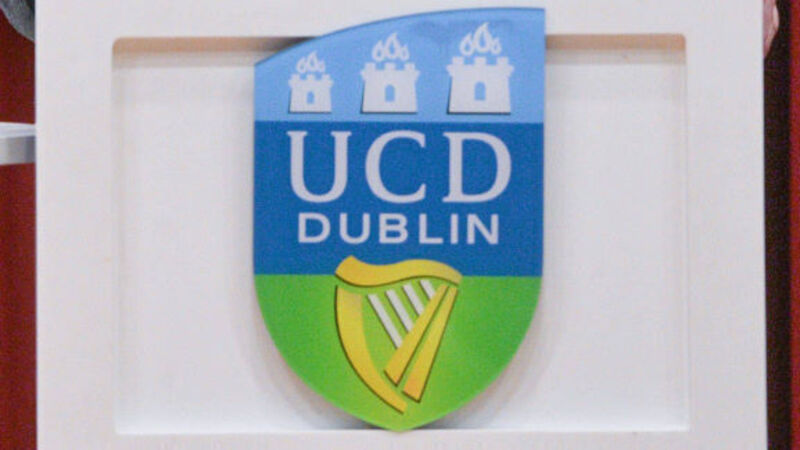UCD firm goes interstellar with €800k 3D galaxy map

Parameter Space Ltd secured the contract as part of a three-year project to develop new software capable of exploiting the unprecedented volume of data returning to Earth from ESA’s Gaia satellite which was launched in late 2013. The contract will also enable the company to create four jobs.
The main goals of the €700m mission are to measure the precise positions and luminosity of one billion stars and to discover thousands of planets around other stars and supernovae.













